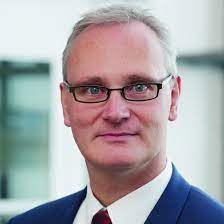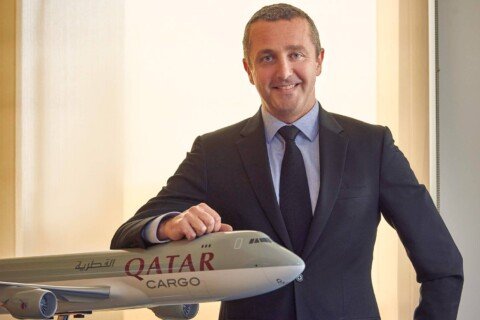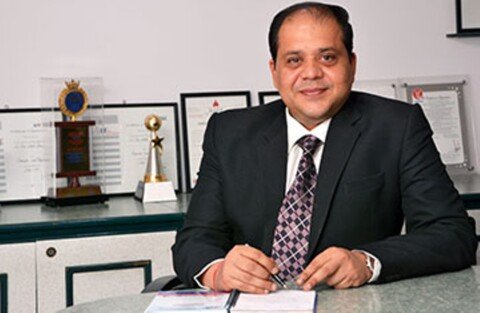Air Cargo Hubs: A Dream Project
Digitalisation is the key word. Nowadays, many processes in air freight handling are fractured—they are neither data-driven nor integrated. Future air cargo hubs will benefit from digital solutions more and more. Here, transparent collaboration and data sharing will be the success factor. With this kind of network, everyone will get access to the information needed so that things will be more predictable and at the same time as flexible as now. To achieve this, a trustworthy cooperation is essential.
Automation, e.g. with autonomous driven vehicles will vastly benefit from this step forward to digitalisation. But air cargo hubs of the future need to be physical. That means, that the right balance between digital and physical infrastructure will be crucial. High skilled talents will always be needed to interfere in special processes and support a smooth cargo handling.
Our world-class infrastructure
FRA is Europe’s leading cargo hub. Its central location at the heart of Europe with direct connections to the A3 and A5 motorways makes it easily accessible for logistics partners. On site, all involved partners are located close to each other: Ground handling services, cargo handling agents, forwarders. The CargoCities promise a quick cargo handling in a working infrastructure. Moreover, FRA is Lufthansa Cargo’s central hub and home base and also 9 out of 10 main forwarders are located in FRA or close to FRA. Customers benefit from this network.
We are constantly thriving to improve processes and infrastructure at Frankfurt Airport. ‘Click2drive’–an intelligent system to improve the check of entry permission to the CargoCity South is a good example for a next step to offer our customers a useful method. And further more to combine existing solutions with new add-ons. Hence, using the existing slot booking system will enable trucks to pass the gates to the CargoCity South with one single registration in the very next future. On top, cargo handling agents will get information, if and when a truck has arrived at the airport premises. So they can get confirmation about pre-booked traffic and adjust their resources so that export processes will speed up.
Global Digital Ecosystem—Need of the Hour
Airports will have to develop to digital transfer hubs. Data sharing will have to gain more trust and acceptance by industry representatives so that everyone understands the benefits from sharing information. Also with regard to the technical solutions, air cargo stakeholders have to improve. A global digital ecosystem has to be established for efficient and secure data exchange. In this context, the IATA ‘ONE Record’ programme is the showcase to mention.
Innovations and Developments that matter
Frankfurt Airport is willing to contribute to the future goal of a global data exchange. Hence, as one mosaic stone to achieve this goal we teamed up together with Frauenhofer, Lufthansa Cargo AG, numerous handling agents and other German airports on that topic. Together we applied for installation of a digital testing field for air cargo, co-founded by the German Federal Ministry of Transport and Digital Infrastructure. This includes, for example, projects aiming at a useful data exchange to enable autonomous driving or autonomous warehouse processes.
Moreover, in Frankfurt we recently launched the customs’ dashboard of the data exchange platform FRA-OS/Import. We are glad that after more than one year of intensive work the first big step of FRA-OS/Import was put into practice. The implementation of further process partners will take place in the following weeks. We are convinced that FRA-OS/Import is an important corner stone for EU compliant import processes and essential to preserve the handling of consolidated shipments at Frankfurt. The new digital platform will standardise, simplify and speed up customs and import processes at FRA so that freight operations become even quicker and more efficient in the future
Ensuring sustainable efforts
Collaboration is essential. The crisis has shown that only transparent communication can help improve handling processes. In Frankfurt, the air cargo Community has collaborated even closer since the pandemic has evolved. That helped us dealing better with the challenges caused by a new cargo structure. We have to stick to that close cooperation for other topics such as climate change.Air cargo is a global industry, so we need global rules. Apart from that, every company, be it a forwarder, an airline or an airport must intensify its efforts to create sustainable processes.







